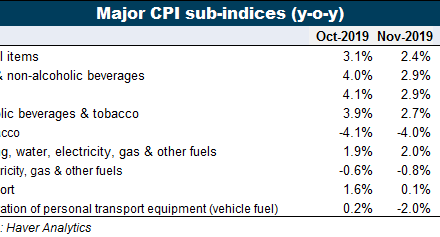
Chopsticks or spoons, which are best?
I understand western cutlery. I do not fully understand chopsticks. I suppose they were useful for eating when resources to manufacture knives, forks and spoons were scarce.
I have spent too much time in these columns with the same things, the aspects of incredible human evolution brought about by the hyper-connectedness of social media, and current events. For the last year or two I have felt like a whiny little git, or one of those old guys who writes angry letters to editors beginning with the words ‘Dear Sir’.
There are ideas that are far more interesting to me, like my feeble battle with cigarettes, the decline of the straight razor for shaving, and the phenomenon of spoons. Spoons seems like a good place to begin.
Spoons are incredibly handy, so useful in fact, that they have been found in ancient Chinese culture by archaeologists. This amazes me as Asian eating habits are inextricably linked with chopsticks.
The fact that I have difficulty linking Asian cuisine with the spoon shows a deficiency in my thinking. Although chopsticks may be useful for transferring food from the bowl to the mouth, chopsticks are completely inappropriate for serving into the bowl, so spoons make perfect sense, even in Asia.
Without them, serving the meal would take as long as eating it, unless the portion was poured into the bowl. That wouldn’t make sense either, as it would involve a fair amount of mess and wastage. Food is an expensive resource in terms of labour and subsistence.
The economics of the spoon can be translated by multiplying a notional amount of food wastage without the spoon and deducting the wastage from the amount of food with the spoon. I estimate that in the course of human history, the global economy would be massively reduced without it.
Where did the spoon come from? My best guess is that it was invented in multiple places by ur-ancestors who were a bit sick of trying to hold hot food in their hands. In coastal areas, it would probably have been seashells. Inland, no doubt it would have been food scooped into leaves, and that might also have been the origin of the salad.
The spoon that I most commonly use is the teaspoon. I go through about six or seven of them per day. I wonder at the misnomer. They should be called coffee spoons, in my reality. Sometimes I run out of clean ones, and have to wash dishes with shaky hands, before I can get to the next round.
I often eat with a normal spoon, bowl meals of mince and noodles. It’s easier than a fork, better for shoveling the food in, and getting the gravy or sauce out of the bottom of the bow. That makes me wonder about the conventions of cutlery.
Most people, I observe, reach for the fork when eating from a bowl. I think that convention has something to do with the early rite of passage of childhood, from the spoon to the fork, and the thrill of fitting into a grownup world. If it were about convenience and limiting wastage the choice would be a spoon. Forks are primarily for holding food in place when a knife is required to cut the item. Using the fork to shift food to the mouth is a secondary thing.
I understand western cutlery. I do not fully understand chopsticks. I suppose they were useful for eating when the material to manufacture knives, forks and spoons was scarce. I also understand the value of eating with the hand, but have to ask why in western thought, eating chicken with the hand is perceived as more civilized than eating pap with the hand? And perhaps the fork is a proxy for the hand. The tines, in some way, resemble fingers.
Imagine a world without cutlery. It feels almost as scary as a reversal of the magnetic poles, or the zombie apocalypse. Humanity and civilization depend on it.
There are so many big things going on that the small things get completely lost, taken for granted. The big things are static fuzz that drown out the songs that want to be heard on the radio.
The idea that I have is that the small things are important, or at least become so when you walk into the kitchen but can’t find a teaspoon and have to do the dishes.
Cutlery is important, and more people should pay attention to it. Civilisation will fall without it.










































